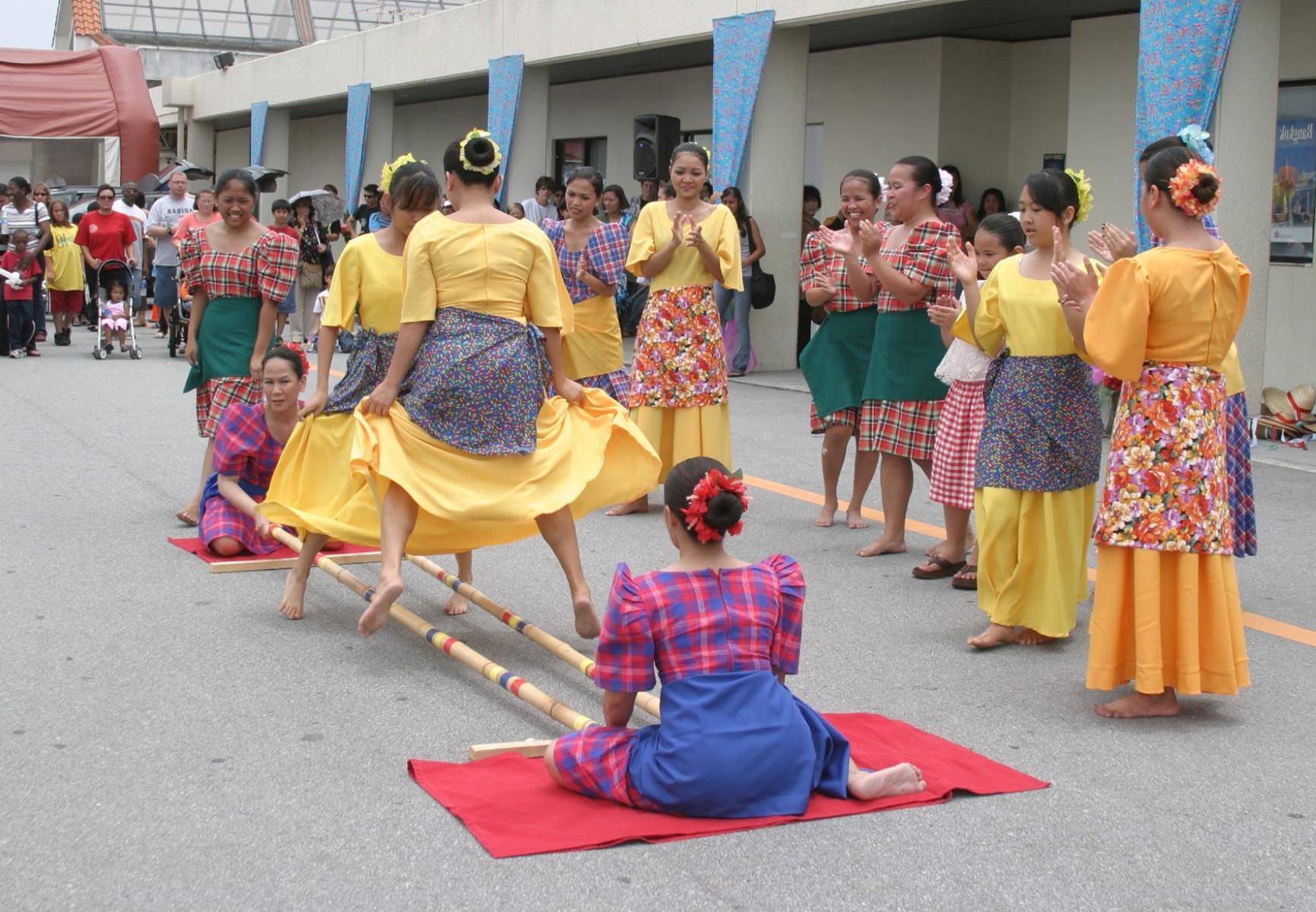11 Surprising Facts About Filipino Culture

Curious about Filipino culture? This vibrant and diverse culture offers a mix of traditions, languages, and customs that make it unique. From colorful festivals to mouth-watering cuisine, the Philippines has a rich heritage influenced by various countries. Spanish, American, and indigenous elements blend seamlessly, creating a tapestry of experiences. Did you know that Filipinos celebrate Christmas for almost half the year? Or that they have a special way of showing respect to elders? Whether you're planning a trip or just want to learn more, these surprising facts will give you a deeper appreciation of the Filipino way of life.
Rich History and Traditions
Filipino culture is a vibrant tapestry woven from centuries of history, traditions, and influences. Here are some surprising facts that showcase the richness of this Southeast Asian nation.
Bayanihan Spirit
- The Bayanihan spirit represents communal unity and cooperation. Villagers traditionally help each other move houses by literally carrying them on bamboo poles.
Jeepneys
- Jeepneys, colorful and artistic public transport vehicles, originated from surplus military jeeps left by the U.S. after World War II. They are a symbol of Filipino ingenuity.
Ati-Atihan Festival
- Held in January, the Ati-Atihan Festival in Kalibo, Aklan, is one of the oldest festivals in the Philippines. Participants paint their faces with black soot and wear indigenous costumes.
Unique Language and Communication
The Philippines boasts a rich linguistic heritage, with over 170 languages spoken across the archipelago. Communication here is as diverse as the islands themselves.
Taglish
- Filipinos often mix Tagalog and English in everyday conversation, creating a unique blend known as Taglish. This code-switching is a testament to the country's bilingual proficiency.
Honorifics
- Filipinos use honorifics like "po" and "opo" to show respect, especially towards elders. These words are integral to polite conversation and reflect deep-rooted cultural values.
Balikbayan Boxes
- Overseas Filipino Workers (OFWs) send balikbayan boxes filled with gifts and essentials to their families back home. These boxes symbolize love and sacrifice.
Culinary Delights
Filipino cuisine is a flavorful fusion of indigenous, Spanish, Chinese, and American influences. Each dish tells a story of the country's diverse culinary heritage.
Lechon
- Lechon, a whole roasted pig, is a centerpiece at Filipino celebrations. Its crispy skin and tender meat make it a beloved dish during fiestas and special occasions.
Balut
- Balut, a fertilized duck egg with a partially developed embryo, is a popular street food. It might seem unusual to outsiders, but it's a delicacy for many Filipinos.
Halo-Halo
- Halo-Halo, meaning "mix-mix," is a refreshing dessert made with shaved ice, sweetened fruits, jellies, and topped with leche flan or ube ice cream. Perfect for hot tropical days.
Festivals and Celebrations
Filipinos love to celebrate, and their festivals are a testament to their joyful spirit and deep-rooted traditions.
Sinulog Festival
- The Sinulog Festival in Cebu City honors the Santo Niño (Child Jesus) with a grand parade, street dancing, and vibrant costumes. It's a week-long celebration of faith and culture.
Pahiyas Festival
- Held in Lucban, Quezon, the Pahiyas Festival showcases houses decorated with colorful rice wafers, fruits, and vegetables. It celebrates the bountiful harvest and gratitude to San Isidro Labrador, the patron saint of farmers.
Embracing Filipino Culture
Filipino culture is rich with traditions, customs, and values that make it unique. From the deep respect for elders shown through "mano po" to the vibrant festivals like Sinulog and Ati-Atihan, the Philippines offers a colorful tapestry of experiences. The importance of family and community shines through in every aspect of life, making visitors feel welcome. Filipino cuisine, with its diverse flavors, reflects the country's history and influences. The Bayanihan spirit, or community cooperation, is a testament to the strong sense of unity among Filipinos. Whether it's the love for karaoke, the passion for basketball, or the deep-rooted Catholic faith, each element adds to the country's charm. Understanding these facets helps appreciate the warmth and hospitality that Filipinos are known for. Dive into this culture, and you'll find a world of surprises and delights.

